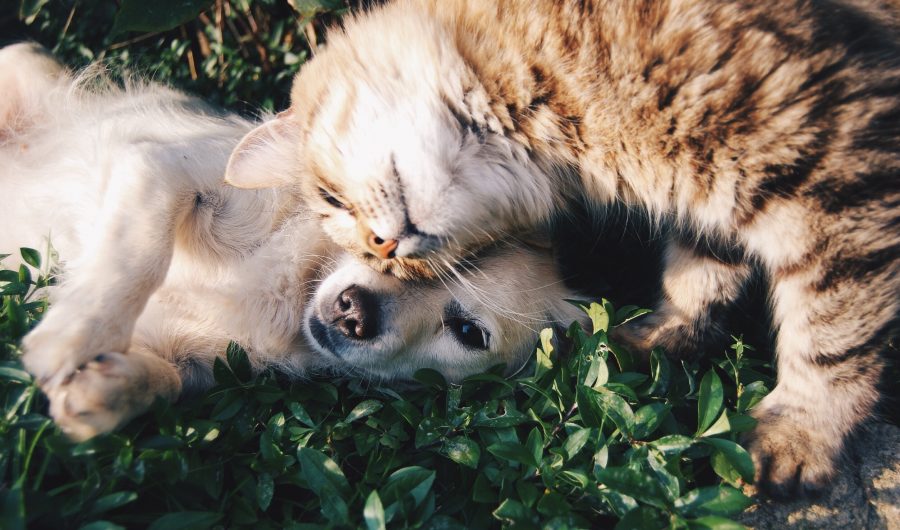Shopping for plants in Singapore but wondering which ones are toxic for your cat and/or dog? I speak with veterinarian and plantswoman, Gloria Lee, who highlights edible and ornamental plants poisonous to cats and dogs and explains what pet owners should do if their pet is poisoned.
1. Are most plants safe for cats/dogs? Is there a rule of thumb when it comes to choosing safe plants?
Most plants are in general not systemically toxic to cats/dogs. The more commonly available plants in Singapore which happen to be toxic to cats/dogs, are generally locally irritating to the mucosa or lining of the gut, thereby causing unpleasant gastric signs of drooling, vomiting and diarrhea. In general, plants with sap can be considered not edible. To be safe, all plants should be considered potentially toxic, unless otherwise proven. This is especially so if you have puppies which have no safety valve when it comes to chewable things. Puppies are more likely to ingest large amounts of inappropriate materials, causing more serious problems
2. Which edible and ornamental plants should cat/dog owners completely avoid having around the home?
I cannot think of an edible plant which should be avoided around the home, unless you are referring to something like brinjals and tomatoes where the green unripe fruits are toxic. There are some highly, highly toxic plants which can kill outright e.g. oleander, all bulbs belonging to the Lily family, Rangoon Creeper (Quisqualis indica), Deadly nightshade (Atropa belladonna), Datura etc. Flowers in bouquets are sometimes more attractive to cats and dogs and also need to be considered, not just the plants themselves. Bouquets often involve exotic flowers not grown in Singapore or the tropics, and hence, do not ping the radar when investigating a potential source of toxicity.
The common plants found which cause gastric signs are often ‘house plants’ or corridor plants e.g. Dieffenbachia (dumb cane), Money plant, ZZ plant (Zamioculcas), Peace Lily, Mother in law’s plant, philodendrons- these only cause issues if ingested in sufficient quantities- which then depends on the size/weight of the pet.

